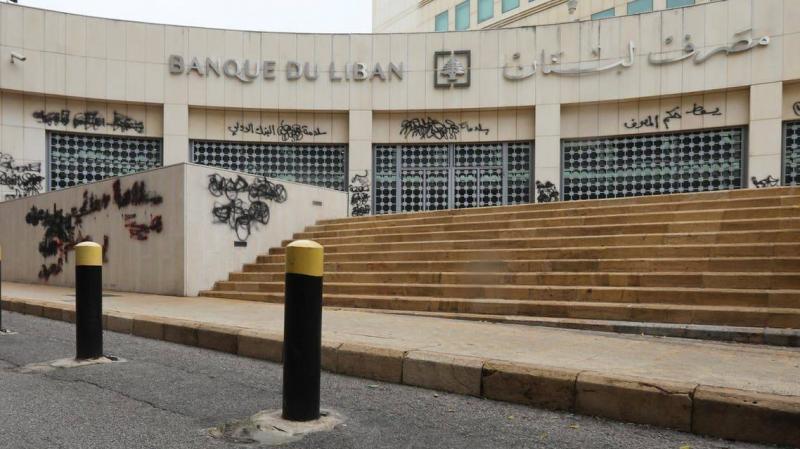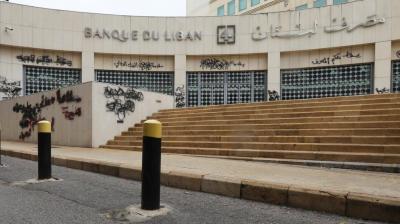In an attempt to gauge the pulse of the three presidencies, a delegation from the International Monetary Fund (IMF) visiting Lebanon emphasized to Lebanese authorities the necessity of approving a comprehensive economic plan and reform laws, including the "Capital Control" law which has yet to be passed, despite the financial crisis lasting for two years and three months. The IMF insists on ensuring the rights of depositors. Thus, the "Capital Control" law is not a singular priority without a comprehensive economic plan and fair distribution of losses. However, it has become urgent for banks, as lawsuits continue to be filed against them, particularly abroad, due to the severe repercussions these would have on the banks' operations. Such lawsuits would shake their foundations, assets abroad, and the funds they hold in correspondent banks, inevitably having negative effects on the rights of depositors in Lebanon.
It is known that the "Capital Control" draft law has seen four versions since the government of Hassan Diab, the most recent of which retroactively absolved banks of any actions taken prior to the law's enactment, thus legitimizing selective transfers made by banks abroad. This retroactive absolution was quickly rejected by a wide range of officials, leading to its being shelved, which kept the loophole open and selective transfers ongoing. Today, the situation can no longer tolerate more lawsuits against bank owners, prompting renewed discussions about the necessity of passing the "Capital Control" law.
In this context, lawyer and head of the Lebanese Association for Taxpayers’ Rights (ALDIC) Karim Daher clarified to "Nidaa Al-Watan" that the necessary solution must be fair, comprehensive, clear, applicable, and sustainable, with "Capital Control" being part of it, not the priority. He added: "The IMF wants a comprehensive recovery plan that outlines options, priorities, responsibilities, unifies exchange rates of the dollar, and protects depositors." He noted that "it is unacceptable for the Central Bank and financial regulators to adopt selective policies in monitoring transfers, and through the "Capital Control" law absolve banks from their actions."
In conclusion, the question remains: Will the "Capital Control" law be passed in a Lebanese form with retroactive effects that exonerate banks from lawsuits filed against them or in preparation both domestically and abroad, or will it be amended to hold banks accountable for all measures they have taken, thereby restoring some of the trust that has been lost in the banking sector?




